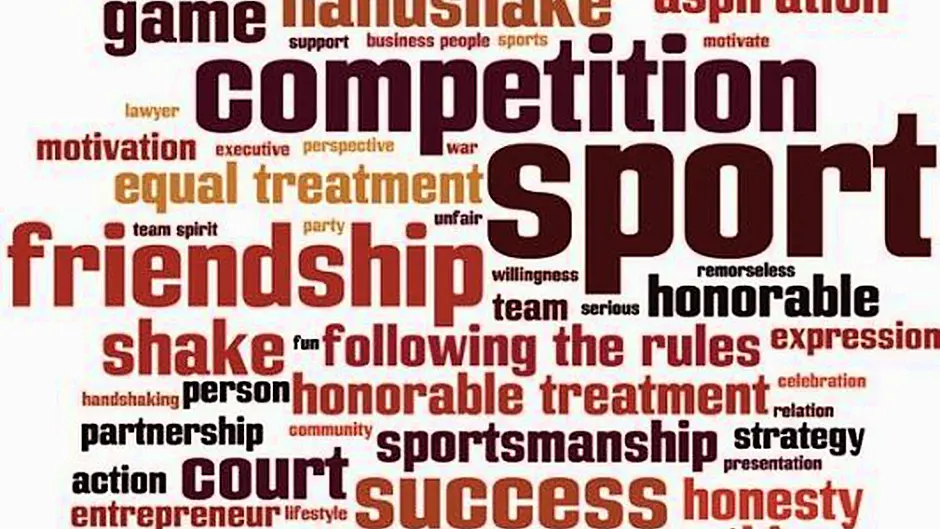Camogie has always been and will always be my number one sporting love – but Gaelic football holds the number two spot.
By Jennifer O'Leary
CAMOGIE has always been and will always be my number one sporting love – but Gaelic football holds the number two spot.
I took to football late in life, to keep myself fit and technically, it challenged me, taking me out of my comfort zone.
I enjoyed how it built up my cardio-vascular endurance and strength on the field so I could transfer these improvements to my main love, camogie. However, as the months of training passed, my affection for football developed, for the game itself and the many people who train, play and are involved in my club, Emyvale Ladies GAA Club in Monaghan.
Not only was I made extremely welcome when joining a new club, I also found new friends who blossomed into a type of sporting family who are there when you need them most.
It was also testing to develop my football skills and play to the standard expected at senior level in Monaghan, a football stronghold. It wasn’t easy trying to keep up with girls who had played since they were only four years old. I had a lot to do and I knew relying on my fitness levels and tactical awareness developed in camogie wasn’t going to allow me to hide behind others.
In fact, I stood out like a sore thumb.
But I persisted and while I am still trying to improve many aspects of my game, I’m still relishing the challenge and the camaraderie that goes with it.
Probably the most valuable sporting addition in my life, enhanced by my own club football involvement, is being able to coach and guide my school football teams.
You would not believe how many girls in my school simply adore the game and religiously come out every week to train and play games. It’s just fantastic to be a part of.
My involvement in coaching is motivated further when I witness their discipline on the field and their respect for the opposition. It is something I have grown to admire in these girls ever since I’ve started working in the school over three years ago.
It makes me proud to have responsibility over them and makes my job so much easier when I know they won’t let me down when it comes to behaving respectfully on the pitch. This talented bunch displays all that is good in the game – skill, hard work, teamwork, sportsmanship, respect and more.
You can imagine my annoyance so at a recent ladies’ Gaelic football game that was spoiled and degraded by the constant use of foul language by players. These girls were only U16 and much of the dissent expressed by the players was language I have never heard expressed in my lifetime of playing camogie and football, both home and abroad.
While the referee reprimanded a number of players on this team for their foul-mouthed usage, that was as far as the sanctions progressed and it soon became a game of personal verbal attacks on the opposing side.
I watched on as a number of the opposing team’s players came off the field in tears and justifiably frustrated in the 60 minutes of football they had just tried to play. How could they focus on their game with constant jeers and sneers being thrown their way?
A free taker from the victimised team had a last-minute effort to put a point on the board and while stepping up to take it, there were shouts uttered from her marker.
She continued to step up to the free, took it, and it went well wide. It didn’t end there, they decided to laugh and cheer this failed attempt resulting in this poor girl coming off the field after a gruelling 60 minutes, totally devastated and annoyed.
There is no place for this behaviour on a football field, on any field or sporting arena for that matter.
It boils my blood to see the impact such verbal cynical behaviour can have on players who just want to play the game they train so hard for. Why should they fall victims to such inappropriate behaviour by their opposition?
It really made me think long and hard about why this happens all over the country and where or how these girls learn to act in this way. Is it the parents, the coaches, the players learning from each other or a combination of them all?
I know when I was growing up that saying a bad word was frowned upon and not allowed in the house. I carried this through to the field of play where I replaced the ‘s’ word with ‘sugar’, but never did I even think to project these frustrations or expressions onto another player like I witnessed that day at an underage game.
So, where is it coming from and why do they feel the need to do it?
As parents, coaches, referees, players and decent human beings, it is our duty to try and stamp this behaviour out of our game and reprimand a player who displays this on the field.
If I was the coach of that team, there is no doubt that the girls in question would be called on it, and if it was persistent and attacking to others, that player should be taken off the field.
The referee has a key role to play here but often this behaviour is hidden and inaudible, and that is when it’s the players’ role to inform someone who can help.
We are all role models to the younger generations whether we believe it or not. What we say and do is heard and learned by the youth and being mindful of our actions and what we say is paramount and crucial to teach the young what is right and wrong.
I know there will come a time where I will have to reprimand one of my own players for this kind of behaviour but as long as I am responsible for and coaching that team, it will not and cannot be accepted by me.










